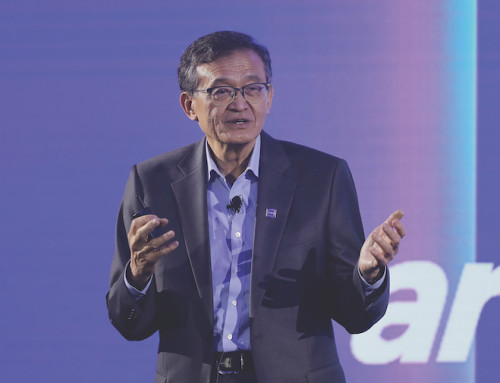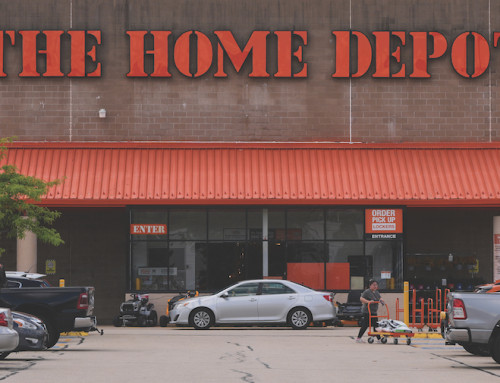NEW YORK (AP) — Target is counting on a company veteran to revive its magic as it struggles to compete with rivals such as Walmart.
The Minneapolis-based retailer earlier this week said that Chief Operating Officer Michael Fiddelke, who has been with Target for 20 years, will become CEO Feb. 1.
He succeeds Brian Cornell, who helped re-energize the company when he took the helm in 2014 but has struggled to turn around weak sales in a more competitive retail landscape since the COVID pandemic.
Target reported a 21 percent drop in net income in the quarter ended Aug. 2. Sales were down slightly and the company reported a 1.9 percent dip in comparable sales — those from established physical stores and online channels.
Target has seen flat or declining comparable sales in eight out of the past 10 quarters including the latest period.
Fiddelke has overhauled Target’s supply network and expanded the company’s stores and digital services while cutting costs. In May, the company announced that he would lead a new office focused on faster decision-making to help accelerate sales growth.
Fiddelke is taking over at time when Target’s sales are in a funk, its stores are messy and understocked, and it’s losing market share to rivals.
He said he’s stepping into the role with three urgent priorities: reclaiming the company’s merchandising authority; improving the shopping experience by making sure shelves are consistently stocked and stores are clean; and investing in technology at the company’s stores and in its supply network.
“When we’re leading with swagger in our merchandising authority, when we have swagger in our marketing, and we’re setting the trend for retail, those are some of the moments I think that Target has been at its highest in my 20 years,” he said.
The change in leadership was announced Wednesday at the same time that Target reported another quarter of sluggish results.
The announcement surprised some analysts who expected Target to pick an outsider to turn things around. Neil Saunders, a managing director at GlobalData Retail, said he had mixed feelings.
“While we think Fiddelke is talented and has a somewhat different take on things compared to current CEO Brian Cornell, this is an internal appointment that does not necessarily remedy the problems of entrenched groupthink and the inward-looking mindset that have plagued Target for years,” he said.
Target has about 1,980 stores in the United States.
Target’s sales have languished as customers defect to Walmart and off-price department store chains such as TJ Maxx in search of lower prices. Many analysts, however, think Target is stumbling because consumers no longer consider it the place to go for affordable but stylish products, a niche that long ago earned the retailer the jokingly posh nickname “Tarzhay.”
In fact, out of 35 merchandise categories that Target tracks, it gained or maintained market share in only 14 during the first half of the company’s fiscal year, Fiddelke said.
Walmart gained market share among households with incomes over $100,000 as inflation caused consumer prices to rise rapidly.
Lower-income shoppers have driven customer growth at Target, suggesting it may have lost appeal with wealthier customers, according to market research firm Consumer Edge.
“It’s probably not the best sign, especially because higher-income consumers continue to hold up a little bit better” during times of economic uncertainty, said Consumer Edge Head of Insights Michael Gunther.









